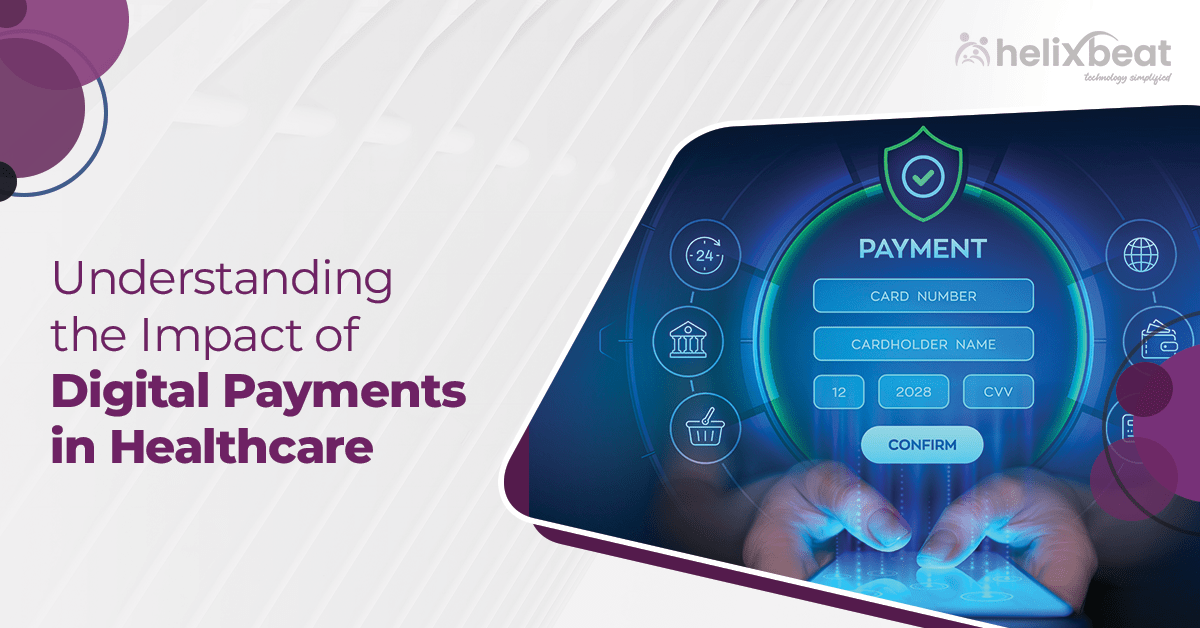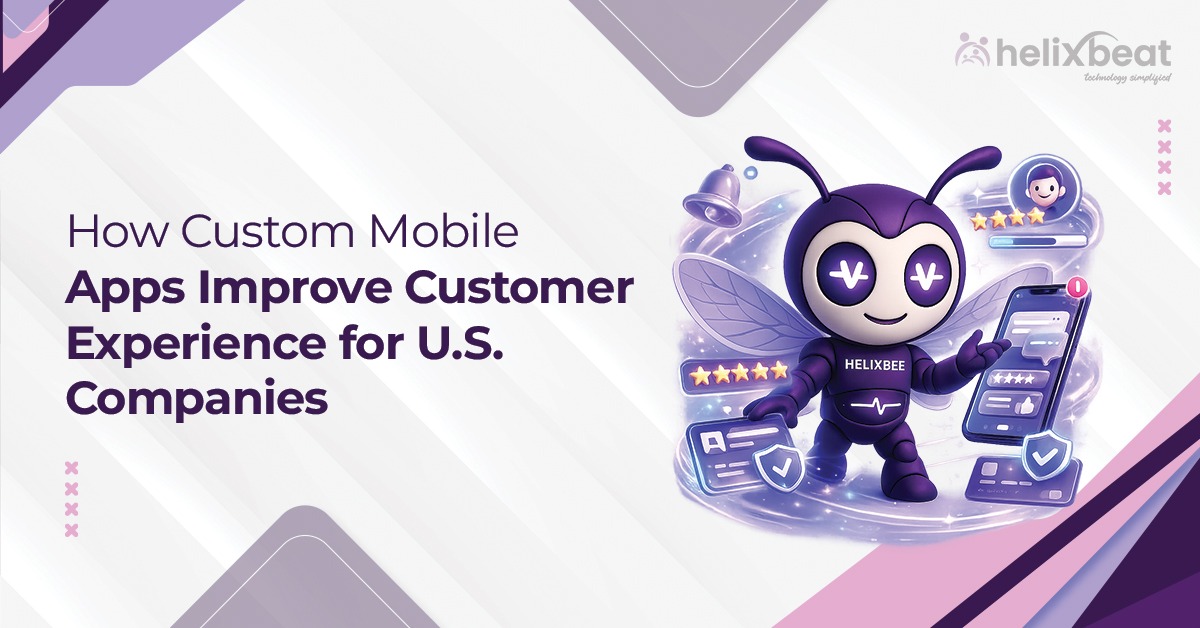Healthcare is changing fast, and so is the way we pay for it. Today, no one wants to wait in line or deal with paper bills. People want quick, easy, and secure ways to pay—just like they do when shopping online or booking a cab. That’s where a digital payment solution comes in. It helps hospitals, clinics, and even small healthcare centers manage payments better.
With tools like online payment solutions and payment gateways, patients can now pay using their phones, cards, or UPI without any hassle. At the same time, healthcare providers get faster payments and fewer mistakes. These digital systems also help manage records and make the whole billing process smoother.
In this blog, we’ll explore how digital payment solutions are improving healthcare and why choosing the right one—like Paynova—can make a big difference for both doctors and patients.
Table of Contents
The Shift to Digital: Why Healthcare Needs It
Healthcare has traditionally lagged behind other industries when it comes to adopting tech-driven finance systems. Complexity, regulation, and legacy infrastructure have all played a role. However, recent changes—rising patient expectations, digital transformation policies, and the impact of the pandemic—have accelerated the need for robust digital payment solutions.
Patients want flexibility. Whether it’s a hospital bill, a consultation fee, or a payment for homecare services, they want to pay from anywhere, anytime. This is where a reliable online payment solution becomes essential.
What Is a Digital Payment Solution?
A digital payment solution refers to any technology that enables healthcare providers to accept and manage payments electronically. This could range from QR code-based payments and mobile wallets to integrated payment gateways and B2B settlement platforms.
But in healthcare, it’s more than just collecting money.
The ideal digital payment solution must:
- Support multiple payer types (patients, insurers, corporations)
- Handle co-pays, pre-approvals, and installments
- Integrate with Electronic Health Records (EHR) and Hospital Management Systems (HMS)
- Ensure data privacy and regulatory compliance
- Offer detailed reporting and audit trails
Paynova is one such platform that ticks all the boxes, offering healthcare-focused features built for scalability, security, and real-time control.
Benefits of a Digital Payment Solution in Healthcare
Implementing a digital payment solution offers numerous advantages for both providers and patients:
1. Faster Payments and Cash Flow
By eliminating manual processes and delayed insurance settlements, digital payment solutions significantly speed up the revenue cycle. Patients can pay instantly, and providers can reconcile accounts faster. This improves liquidity, reduces billing backlogs, and improves operational efficiency.
2. Improved Patient Experience
Convenience is key. With the right online payment solution, patients can pay bills via UPI, cards, wallets, or even through SMS/WhatsApp links. They can complete payments before appointments, during checkouts, or remotely—without waiting in long queues.
3. Secure Transactions and Compliance
Security and compliance are non-negotiable in healthcare. A robust payment gateway ensures encrypted transactions and regulatory alignment with standards like HIPAA Platforms like Paynova offer role-based access control and audit logs to track every step in the payment journey.
4. Seamless Integration with Existing Systems
A well-designed digital payment solution integrates smoothly with existing tech stacks. Paynova, for instance, offers APIs that plug directly into EHRs, lab systems, and HMS platforms. This means fewer manual entries, reduced errors, and real-time updates across departments.
5. Data-Driven Insights
With built-in dashboards and reporting tools, digital payment solutions provide granular insights into your financial operations. You can track payments by channel, identify bottlenecks, and monitor patient behavior. This helps optimize billing strategies and forecast revenue more accurately.
The Role of a Payment Gateway in Healthcare
A payment gateway is a vital component of any digital payment solution. It acts as the bridge between the patient’s payment method and the provider’s bank account. In healthcare, this gateway must be fast, secure, and reliable—even during peak times.
Here’s how a good payment gateway adds value:
- Multiple payment modes: Accept UPI, cards, wallets, EMI, and more.
- Tokenization: Save patient payment details securely for recurring bills.
- Real-time transaction updates: Know instantly when a payment is successful.
- Mobile optimization: Enable quick payments on smartphones or tablets.
In the Paynova ecosystem, the payment gateway is customized for healthcare workflows, ensuring accurate patient mapping, bill reference generation, and auto-reconciliation.
Supporting B2B Transactions in Healthcare
Hospitals and clinics don’t just deal with patients. They also interact financially with third-party labs, diagnostic centers, insurers, and vendors. Managing these transactions manually can be tedious and error-prone.
A strong digital payment solution should support B2B payment flows—something many standard systems overlook. Paynova’s B2B module helps:
- Settle payments with labs, pharmacies, and vendors
- Reconcile insurance claims
- Manage partner commissions
- Generate B2B reports with audit trails
This makes financial management holistic and scalable for larger healthcare setups.
Why an Online Payment Solution is Now a Necessity
As healthcare moves toward remote consultations, digital prescriptions, and wearable monitoring, payments too must keep pace. An online payment solution isn’t just a convenience—it’s now a strategic advantage.
Here’s why healthcare businesses need one:
- Remote services: Telehealth demands remote billing.
- Young demographics: Gen Z and Millennials prefer digital channels.
- Faster discharges: Mobile payments can speed up patient discharges.
- Audit and compliance: Digital logs make audits simpler and more transparent.
With Paynova’s online payment solution, providers can send payment links through WhatsApp, collect doorstep payments via POS devices, or set up recurring plans for long-term treatments.
Future-Ready Features of Modern Digital Payment Solutions
The best digital payment solutions don’t stop at the basics. They evolve.
Here are some next-gen features you can expect from platforms like Paynova:
- Self-service kiosks in hospital lobbies for walk-in payments
- WhatsApp bots that remind patients of dues
- Voice-enabled IVR payment collection
- Wearable compatibility with smartwatches and fitness devices
- Loyalty and rewards integration for clinics
Such features ensure your healthcare service remains competitive and patient-centric.
Overcoming Challenges with Digital Payment Adoption
While the benefits are clear, some providers hesitate to implement a digital payment solution due to:
- Lack of awareness
- Integration concerns
- Fear of regulatory issues
- Resistance from staff or patients
These barriers can be addressed through proper vendor onboarding, employee training, and patient education. With Paynova, the onboarding process is guided by a dedicated account manager who ensures smooth data migration and integration.
Implementation Best Practices
Here are steps to implement a digital payment solution effectively:
- Assess Requirements: Understand your payer mix, billing methods, and transaction volumes.
- Choose the Right Platform: Pick a healthcare-focused solution like Paynova.
- Plan Integration: Map how the solution will link with your EHR, billing, and CRM.
- Train Staff: Conduct sessions to teach front-desk and finance teams.
- Educate Patients: Communicate new payment options via SMS, email, or posters.
- Monitor Results: Track payment trends and optimize over time.
Bottomline: Paynova Makes Digital Payments Simple, Secure, and Scalable
Healthcare today needs more than just medical excellence—it needs financial clarity and patient-first digital experiences. A well-implemented digital payment solution can dramatically improve operations, reduce delays, and build trust.
Paynova is more than a payment gateway or online payment solution—it’s a complete ecosystem tailored for healthcare businesses. From solo practitioners to multi-hospital chains, Paynova scales as you grow, ensuring every payment is secure, seamless, and synchronized.
If you’re ready to transform how your healthcare organization handles billing and collections, Paynova is the partner you need. Fast to deploy, easy to use, and trusted by healthcare professionals—Paynova is your next step toward smarter healthcare finance.
FAQs
1. What is a digital payment solution in healthcare?
A digital payment solution in healthcare allows providers to accept and manage payments electronically through secure platforms, mobile apps, or payment gateways.
2. How does an online payment solution benefit patients?
Patients can pay bills anytime, from anywhere, using phones, cards, UPI, or wallets—saving time and avoiding long queues at hospitals or clinics.
3. Why is a payment gateway important in healthcare?
A payment gateway securely processes transactions between patients and healthcare providers, ensuring fast, encrypted payments with real-time confirmation.
4. How does Paynova support healthcare billing?
Paynova offers healthcare-focused digital payment solutions with features like multi-mode payments, EHR integration, and secure B2B transaction support.
5. Can digital payment solutions handle insurance claims?
Yes, advanced digital payment solutions like Paynova help reconcile insurance claims, manage co-pays, and generate audit-ready reports.
6. Are digital payments in healthcare secure and compliant?
Absolutely. Reliable platforms follow global standards like HIPAA to ensure secure, encrypted transactions and data protection.
7. What makes online payment solutions a necessity in modern healthcare?
With the rise of telehealth and digital services, online payment solutions offer faster billing, better compliance, and a smoother patient experience.














